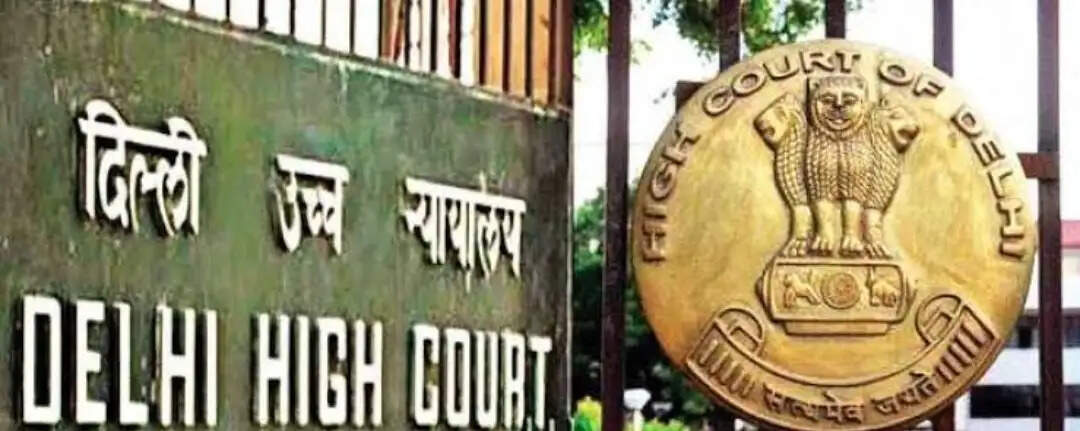Man gets interim bail to arrange fees for daughter’s law course
New Delhi: The Delhi high court has granted 10 days’ interim bail to a man so he can make arrangements to pay the fee for his daughter’s admission to an LLB course.
Mar 27, 2025, 14:12 IST

“Keeping in view the fact that the petitioner has to make arrangements for making payment of admission fees of his daughter and that the family should not suffer for his acts,” Justice Talwant Singh noted “the court is inclined to grant him interim bail for a period of ten days from the date of his release on the execution of personal bond of Rs 25,000 with one surety of the like amount to the satisfaction of the concerned court.”
The Delhi High Court granted interim bail to a man so he could arrange money for his daughter's law course fees. The court emphasized that the family should not suffer because of the man's legal troubles and allowed him a brief period to manage the required finances.
Case Background
The accused, Nihal Ahmed, had been in judicial custody for nine months and was facing charges under various sections of the Indian Penal Code (IPC) and the Arms Act. Despite opposition from the prosecution—who argued that he had previously been declared a proclaimed offender—the court prioritized his daughter’s educational future.
Court’s Decision
Justice Talwant Singh allowed 10 days of interim bail, strictly stating that no extension would be granted. Ahmed was required to surrender immediately after making the financial arrangements. The court’s stance underlined the principle that legal accountability should not impact the educational aspirations of a family member.
Significance of the Ruling
Judicial Consideration of Family Needs: The ruling reflects a humanitarian approach while upholding the law.
Balancing Justice & Education: The court ensured that the daughter’s education was not hindered due to her father’s incarceration.
Strict Conditions on Bail: The interim bail was given with clear limitations to prevent misuse of the relief.
This case highlights how courts can balance legal responsibility with social and family obligations, ensuring justice while not disrupting lives unnecessarily.
